Intro
Discover healthy low sugar food options, including sugar-free snacks, low-carb meals, and natural sweeteners, to reduce sugar intake and promote a balanced diet with nutritious alternatives.
Eating a low sugar diet is essential for maintaining good health, as high sugar consumption has been linked to various health problems, including obesity, diabetes, and heart disease. With the abundance of sugary foods and drinks available, it can be challenging to make healthy choices. However, there are many delicious and nutritious low sugar food options available, making it easier to reduce sugar intake and develop a healthier relationship with food.
Reducing sugar intake can have numerous benefits, including weight loss, improved blood sugar control, and increased energy levels. Moreover, a low sugar diet can help reduce the risk of chronic diseases, such as heart disease, stroke, and certain types of cancer. By making informed food choices and being mindful of sugar content, individuals can take a significant step towards improving their overall health and wellbeing.
In today's world, it's easier than ever to find low sugar food options, thanks to the growing awareness of the importance of healthy eating. Many food manufacturers now offer low sugar or sugar-free alternatives to popular products, making it simpler for consumers to make healthier choices. Additionally, the internet is filled with recipes and meal ideas that are not only delicious but also low in sugar, providing inspiration for those looking to reduce their sugar intake.
Understanding Sugar and Its Effects on the Body
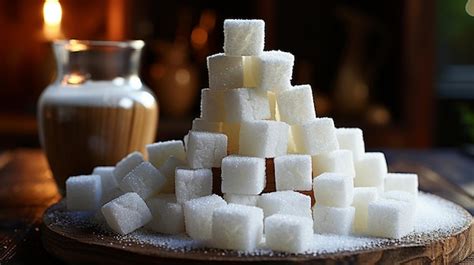
To make informed choices about sugar intake, it's essential to understand what sugar is, how it affects the body, and the different types of sugar found in foods. Sugar is a type of carbohydrate that provides energy for the body. However, consuming high amounts of sugar can lead to a range of health problems, including weight gain, insulin resistance, and increased risk of chronic diseases.
There are two main types of sugar: naturally occurring sugars, found in foods like fruits, vegetables, and dairy products, and added sugars, which are added to foods during processing or preparation. Naturally occurring sugars are generally considered healthier, as they are accompanied by other nutrients like fiber, vitamins, and minerals. Added sugars, on the other hand, provide empty calories and can lead to a range of health problems.
Naturally Occurring Sugars vs. Added Sugars
Naturally occurring sugars are found in whole, unprocessed foods, while added sugars are found in processed and packaged foods. Examples of naturally occurring sugars include fructose, found in fruits, and lactose, found in dairy products. Added sugars, on the other hand, include sucrose, high fructose corn syrup, and honey, which are often added to foods during processing or preparation.Low Sugar Food Options
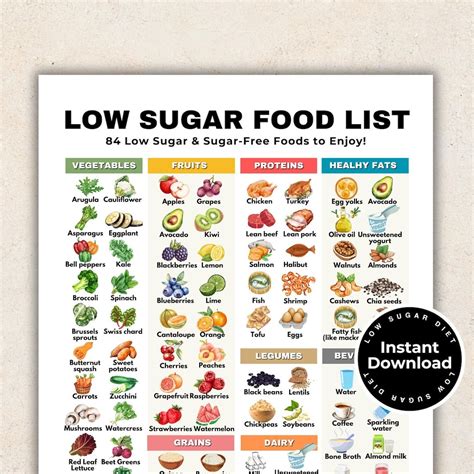
There are many delicious and nutritious low sugar food options available, making it easier to reduce sugar intake and develop a healthier relationship with food. Some examples of low sugar foods include:
- Vegetables: Vegetables are naturally low in sugar and rich in fiber, vitamins, and minerals. Examples of low sugar vegetables include leafy greens, broccoli, and bell peppers.
- Fruits: While fruits contain naturally occurring sugars, many are low in sugar and rich in fiber, vitamins, and minerals. Examples of low sugar fruits include berries, citrus fruits, and apples.
- Proteins: Protein-rich foods like lean meats, fish, and eggs are naturally low in sugar and can help reduce hunger and increase feelings of fullness.
- Whole grains: Whole grains like brown rice, quinoa, and whole wheat bread are rich in fiber, vitamins, and minerals and are generally low in sugar.
Low Sugar Snack Options
Snacking can be a challenge when trying to reduce sugar intake, as many snack foods are high in added sugars. However, there are many delicious and nutritious low sugar snack options available, including:- Nuts and seeds: Nuts and seeds are rich in healthy fats, protein, and fiber and are naturally low in sugar. Examples of low sugar nuts and seeds include almonds, pumpkin seeds, and chia seeds.
- Fresh fruit: Fresh fruit is a healthy and delicious snack option that is low in sugar and rich in fiber, vitamins, and minerals.
- Veggie sticks: Veggie sticks with hummus or guacamole make a tasty and healthy snack that is low in sugar and rich in fiber, vitamins, and minerals.
Reading Food Labels
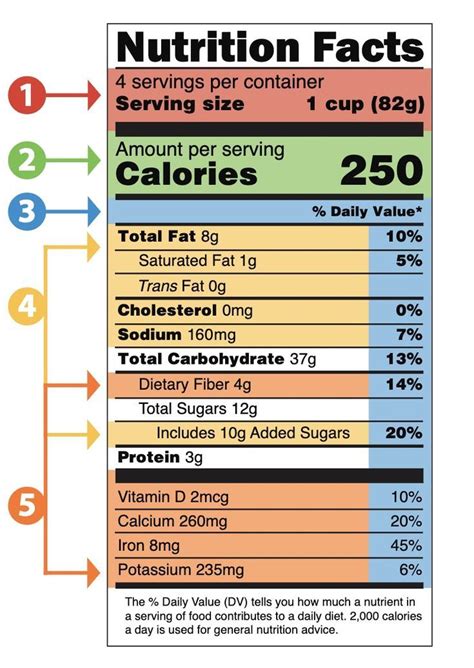
Reading food labels is an essential skill when trying to reduce sugar intake, as it allows individuals to make informed choices about the foods they eat. When reading food labels, look for the following:
- Sugar content: Check the nutrition label for the amount of sugar per serving.
- Ingredient list: Check the ingredient list for added sugars like sucrose, high fructose corn syrup, and honey.
- Serving size: Check the serving size to ensure that the sugar content is not exceeded.
Hidden Sources of Sugar
Sugar can be hidden in many foods, making it challenging to reduce sugar intake. Some common hidden sources of sugar include:- Sauces and condiments: Many sauces and condiments, like ketchup and barbecue sauce, are high in added sugars.
- Bread and baked goods: Many bread and baked goods, like bread, cakes, and cookies, are high in added sugars.
- Yogurt and dairy products: Many yogurt and dairy products, like flavored yogurt and milk, are high in added sugars.
Cooking and Preparing Low Sugar Meals
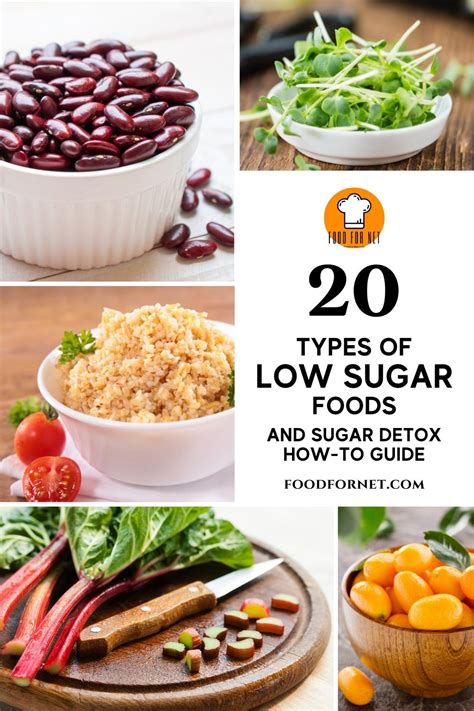
Cooking and preparing low sugar meals can be easy and delicious, with a little planning and creativity. Some tips for cooking and preparing low sugar meals include:
- Plan ahead: Plan meals and snacks in advance to ensure that healthy, low sugar options are available.
- Shop smart: Shop for whole, unprocessed foods like vegetables, fruits, and lean proteins.
- Cook from scratch: Cook meals from scratch using whole, unprocessed foods to reduce added sugars.
Low Sugar Meal Ideas
Here are some delicious and healthy low sugar meal ideas:- Grilled chicken or fish with roasted vegetables
- Salads with lean proteins, vegetables, and healthy fats
- Stir-fries with lean proteins, vegetables, and brown rice
- Soups with lean proteins, vegetables, and whole grains
Reducing Sugar Intake
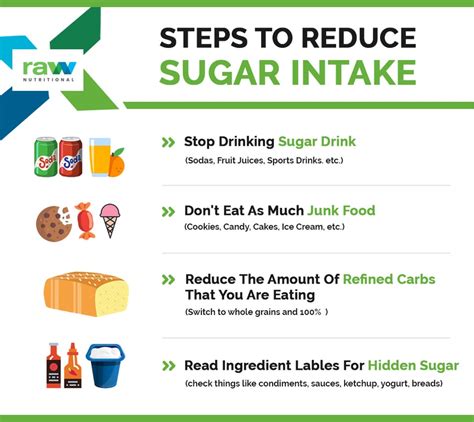
Reducing sugar intake can be challenging, but with a little planning and creativity, it can be done. Some tips for reducing sugar intake include:
- Start small: Start by reducing sugar intake by small amounts, like cutting out one sugary drink per day.
- Find healthy alternatives: Find healthy alternatives to sugary foods and drinks, like water or unsweetened tea.
- Get support: Get support from friends and family to help stay on track.
Overcoming Sugar Cravings
Sugar cravings can be challenging to overcome, but there are several strategies that can help. Some tips for overcoming sugar cravings include:- Stay hydrated: Sometimes, thirst can be mistaken for hunger or sugar cravings. Staying hydrated can help reduce sugar cravings.
- Get enough sleep: Lack of sleep can increase sugar cravings. Getting enough sleep can help reduce sugar cravings.
- Find healthy alternatives: Finding healthy alternatives to sugary foods and drinks can help reduce sugar cravings.
Conclusion and Next Steps

In conclusion, reducing sugar intake is an essential step towards maintaining good health and wellbeing. By understanding sugar and its effects on the body, reading food labels, cooking and preparing low sugar meals, and reducing sugar intake, individuals can take control of their sugar consumption and develop a healthier relationship with food.
To take the next step, start by making small changes to daily eating habits, like cutting out one sugary drink per day or replacing sugary snacks with healthy alternatives. With time and practice, reducing sugar intake can become easier, and the benefits of a low sugar diet can be enjoyed.
We invite you to share your thoughts and experiences with reducing sugar intake in the comments below. What challenges have you faced, and how have you overcome them? What tips and strategies have you found most helpful? By sharing your story, you can help inspire and motivate others to take control of their sugar consumption and develop a healthier relationship with food.
What are the benefits of reducing sugar intake?
+Reducing sugar intake can have numerous benefits, including weight loss, improved blood sugar control, and increased energy levels. It can also help reduce the risk of chronic diseases, such as heart disease, stroke, and certain types of cancer.
How can I reduce sugar intake?
+Reducing sugar intake can be challenging, but with a little planning and creativity, it can be done. Start by making small changes to daily eating habits, like cutting out one sugary drink per day or replacing sugary snacks with healthy alternatives. Read food labels, cook and prepare low sugar meals, and find healthy alternatives to sugary foods and drinks.
What are some healthy alternatives to sugary foods and drinks?
+There are many healthy alternatives to sugary foods and drinks, including water, unsweetened tea, and black coffee. Fresh fruit, nuts, and seeds are also healthy alternatives to sugary snacks. When it comes to meals, try grilling or roasting lean proteins and vegetables, and choose whole grains over refined grains.
